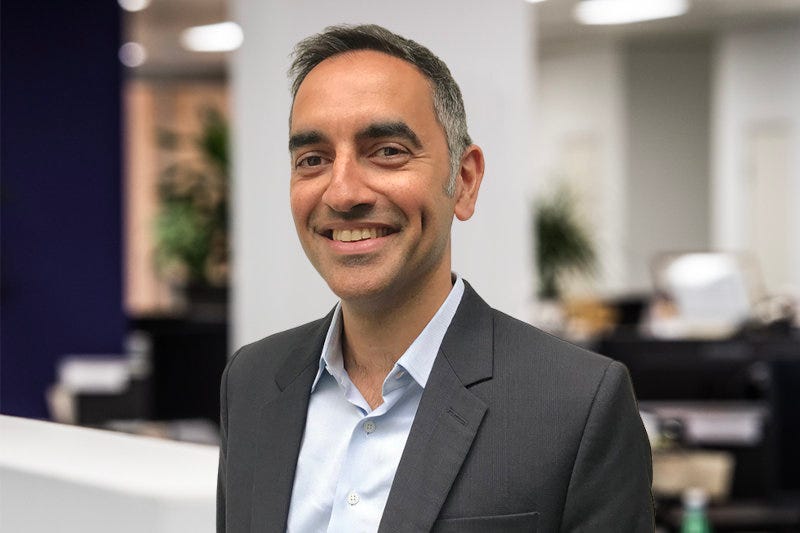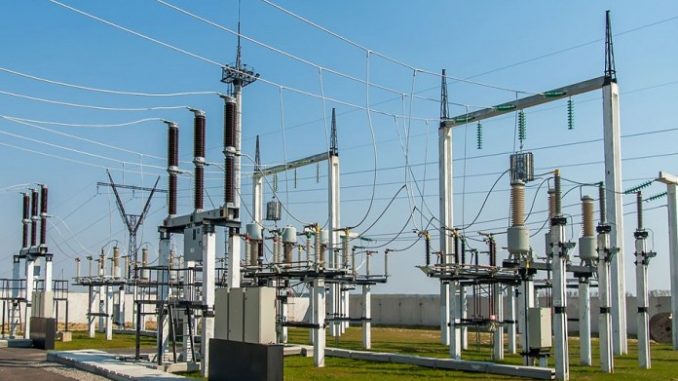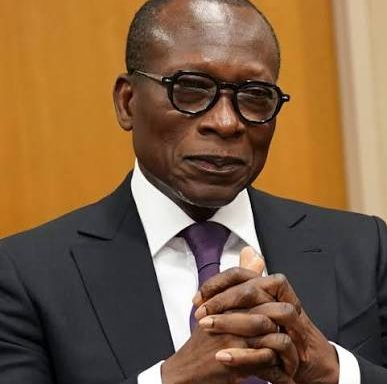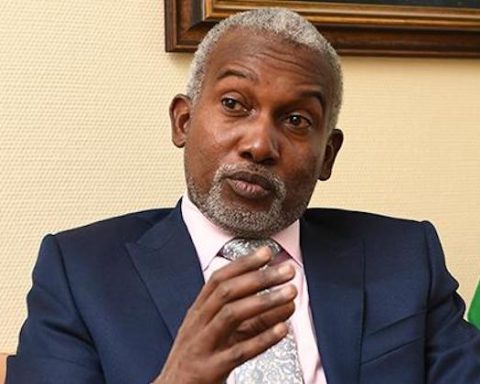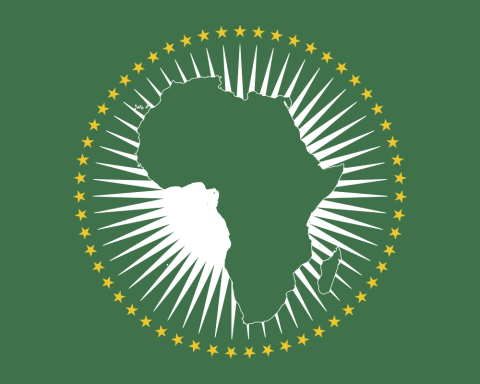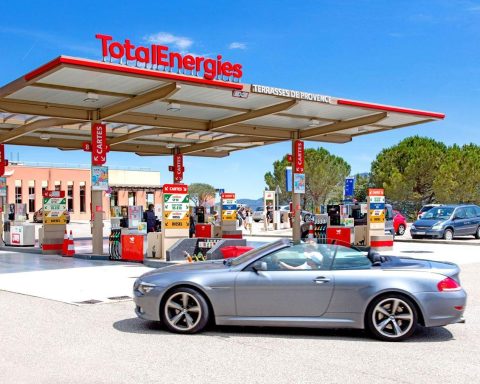British International Investment New Investment in Green Projects
British International Investment (BII), the UK’s development finance institution and impact investor, has committed $75 million to the second Green Basket Bond. This bond, arranged by Symbiotics Investments, aims to enhance financing for small-scale green projects across Africa, South, and South-East Asia, with a particular emphasis on India.
Supporting New MSME Lenders
The new investment will support Micro, Small, and Medium Enterprise (MSME) lenders that were not included in the first Green Basket Bond. BII highlighted that the initiative will leverage Symbiotics’ global network and BII’s long-standing history as an impact investor to support an additional 10-15 MSME lenders. These lenders will channel funds to small businesses often struggling to secure financing for green projects.
Join our WhatsApp Channel“We are committing $75 million to the second Green Basket Bond arranged by Symbiotics Investments, a leading emerging markets access platform and financial lender,” stated BII.
READ ALSO: $2.4bn Asset Sale: Amnesty International Calls On Shell To Compensate Niger Delta
Focus on Green Initiatives
Similar to the first Green Basket Bond, the funding will focus on green initiatives such as renewable energy, energy efficiency, clean transportation, green buildings, agriculture, and forestry.
The goal is to drive sustainable development in climate-vulnerable regions by providing crucial financial support to local businesses.
Stakeholder Insights
Samir Abhyankar, Managing Director and Head of Financial Services at BII, emphasised the significance of the partnership with Symbiotics.
“Partnering on a second green basket bond signifies our continued commitment to empowering smaller financial institutions and supporting sustainable development in climate-vulnerable regions. Channelling capital to where it is most needed supports local businesses and contributes to global efforts in building resilience against climate change,” he said.
Abhyankar added that the success of the initial partnership is evident in the positive impact it has had. “We look forward to continuing our work with Symbiotics to mobilize more private capital into this space,” he stated.
Yvan Renaud, CEO of Symbiotics Investments, expressed gratitude towards BII for the collaboration. “We share the view that financing dedicated MSME lenders and reaching smaller local businesses and projects strongly contributes to the effectiveness of climate finance. We hope that this second green basket bond will have a catalytic effect on the mobilization of capital for similar projects,” he said.
Renaud noted that the first Green Basket Bond supported 11 MSME lenders in countries including India, Vietnam, Cambodia, Tunisia, Botswana, Kenya, Bangladesh, and Nepal.
Future Prospects
With the second Green Basket Bond, BII and Symbiotics aim to extend their reach and impact further. The collaboration underscores a strategic effort to mobilise private capital and support green initiatives that are crucial for tackling climate change and promoting sustainable development.
Emmanuel Ochayi is a journalist. He is a graduate of the University of Lagos, School of first choice and the nations pride. Emmanuel is keen on exploring writing angles in different areas, including Business, climate change, politics, Education, and others.


